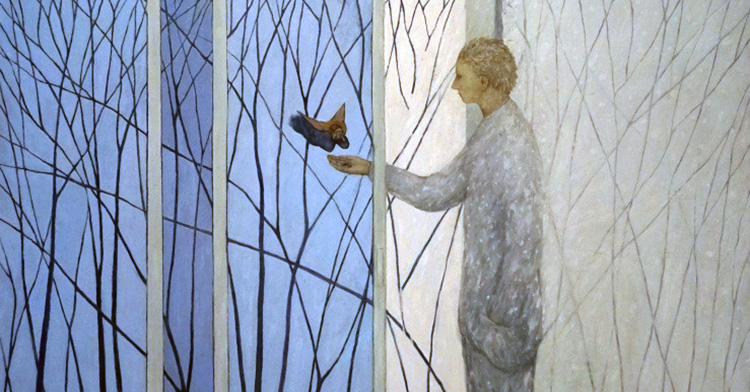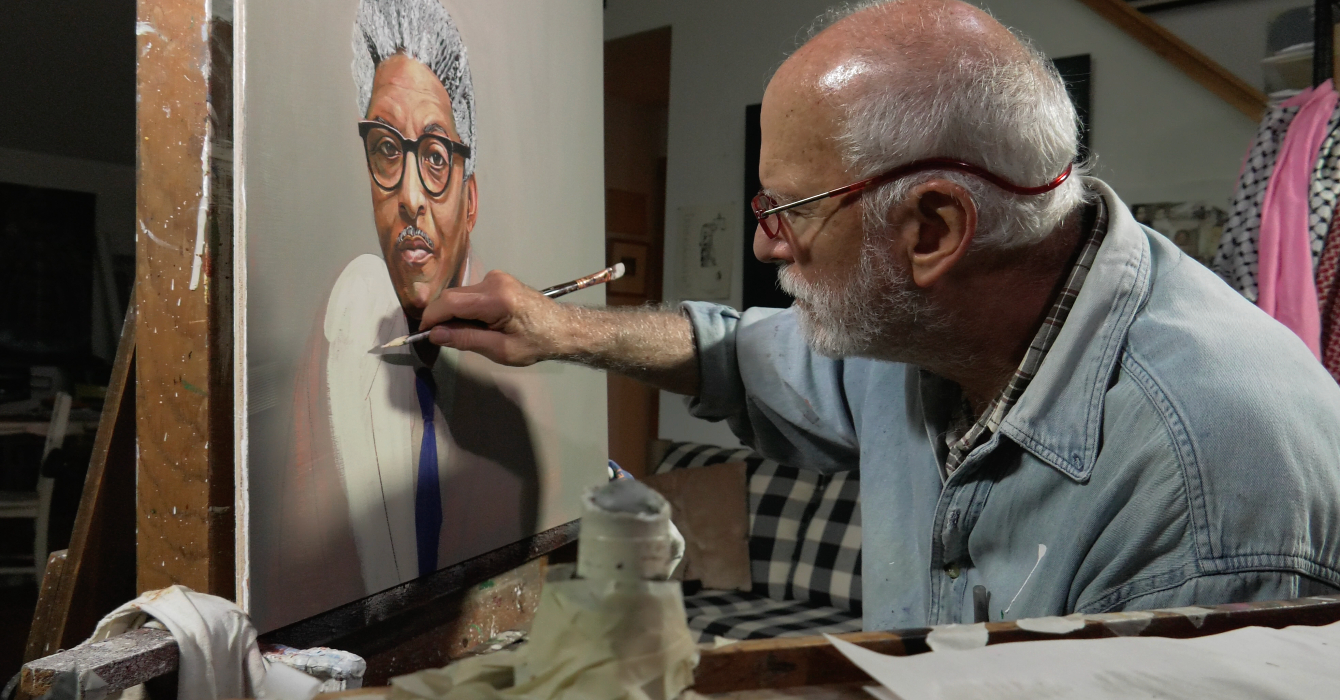I can’t remember the last movie I saw about a man finding his voice. That phrase -- “find your own voice” -- helped save me, but I learned it as a rallying cry of feminism. But “The King’s Speech” is a story about men.
“The King's Speech” recently won the Academy Award for Best Picture in 2010. It is the story of King George VI of Great Britain, a man who stammered terribly and unexpectedly became king, and the speech therapist who helped him find his voice.
“The King’s Speech” is a wonderful story about the triumph of courage and friendship. But movies are like dreams for the culture. They show us things we don’t yet know about ourselves. They reveal realities that can’t be acknowledged in daylight.
This story reveals the anxiety of white men in this time and place, and of white women who want men to make the world right again. The world as we have known it is cracking apart. Barack Obama is the most powerful man in the world. On a visceral level that scares a lot of white people, whether they want it to or not. Leaders of color around the world are falling every day. It may be a move toward justice, but we don’t know and the situation is anxiety-producing. Beyond the political realm, as the U.S. economy changes, it is harder and harder for the regular guy to find a way of making a living that holds respect and generates enough income to support his family. This is emasculating -- and nobody likes that.
“The King’s Speech” has a happy ending: The King speaks beautifully, the speech therapist is a hero, the Royal family walks onto the balcony to wave to throngs of cheering subjects. But to read the movie too literally would be to celebrate patriarchy -- a good white man is back on the throne.
There is another way to read it. Director Tom Hooper, in his acceptance speech at the Oscars, talked about the "triangle of man love" between himself, Geoffrey Rush and Colin Firth. Living the story made the story come true. Isn't that kind of intimacy, which generates creativity and new life, what we all long for? And isn't it what men have been warned against?
To see it as a story of men dealing with difficulty through mutual vulnerability that brings transformation begins to suggest something other than patriarchy. It points to the possibility of new archetypes, metaphors, models and ways of being through which men of all colors can flourish, for their own souls and for the vitality of our common life.








